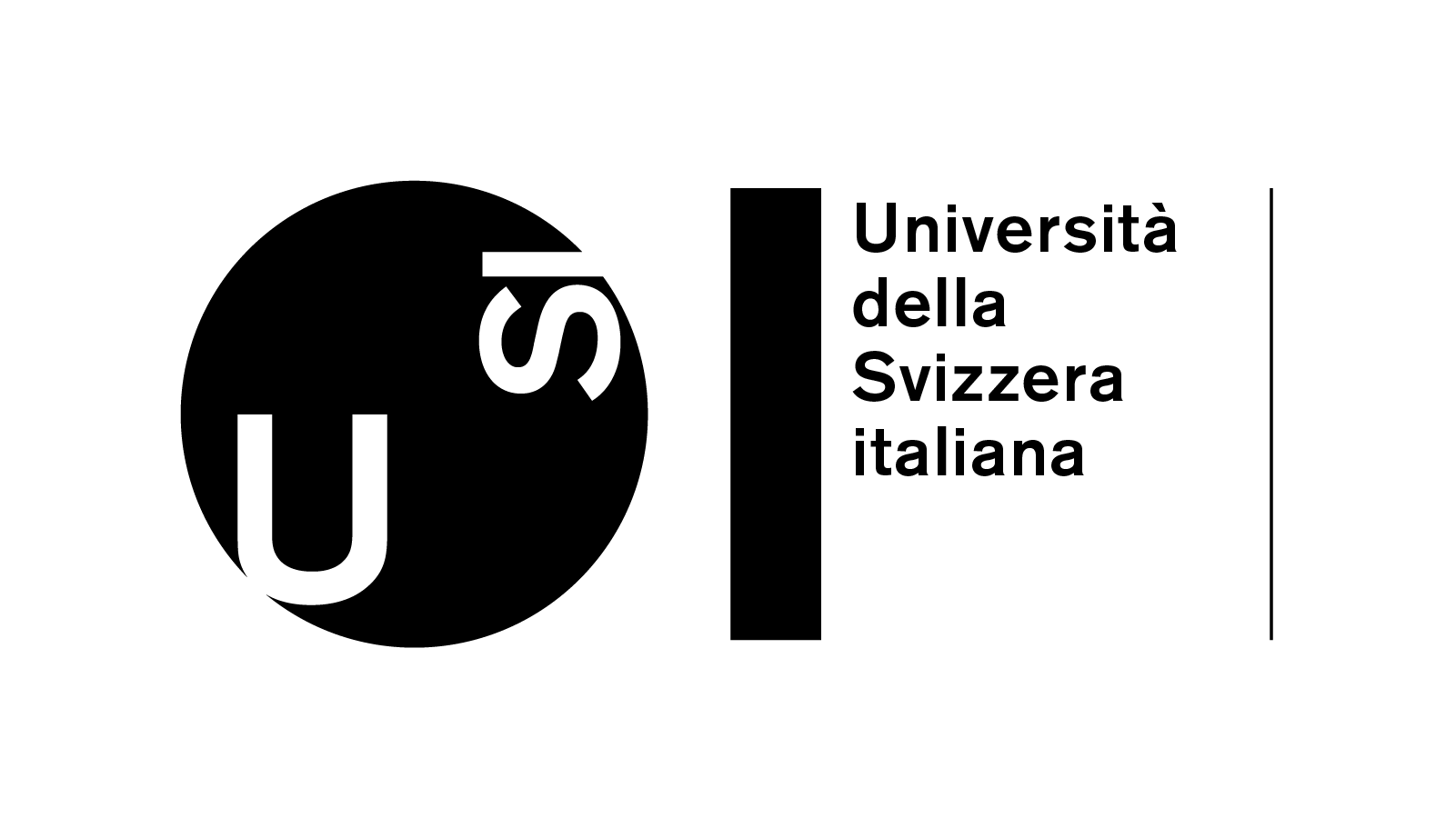Since February 2019 IRSOL is the new host Institute of the e-CALLISTO project and Christian Monstein, the project PI, is a new affiliated IRSOL staff member. The e-CALLISTO instrument array is an international network of Solar radio spectrometers that has been developed, deployed and maintained by Christian Monstein at the former Institute of Astronomy at ETH Zurich in view of the International Heliophysical Year (IHY 2007). The main applications are observation of solar radio bursts and radio frequency monitoring for astronomical science, education and outreach.
More information can be found on the e-CALLISTO project web page.
The project PI Christian Monstein is a native of Switzerland and lives in Freienbach. He obtained the Electronics Engineer diploma at Konstanz University, Germany. He has 20 years of experience designing automatic test systems in the telecommunications industry. He has worked for more than 20 years at ETH-Zürich on the design of frequency agile radio spectrometers, FFT-spectrometers, radio receivers and noise calibration transmitters as payload on a drone. He also has participated in the European Space Agency (ESA) space telescope Herschel (HIFI), and in the European Southern Observatory (ESO) project MUSE for the VLT in Chile. Recently, he was involved in the radio astronomy project ‘BINGO’ in Uruguay / Brazil and in ‘HIRAX’ in South Africa. He is still responsible for the hardware and software associated with the e-CALLISTO Project. He plays also the role of a coordinator of SetiLeague in Switzerland and he was also representing Switzerland within the committee for radio astronomy frequencies (CRAF). He is still a member of the ISWI steering committee at UN office for outer space affairs in Vienna (UNOOSA) and has just been nominated as a member of ITU.

Fig. 1: Dynamic solar type II radio burst with fundamental and harmonic radiation: This spectrum allows to derive radial velocity of the associated CME as well as the scalar magnetic field strength at the location of the CME.


